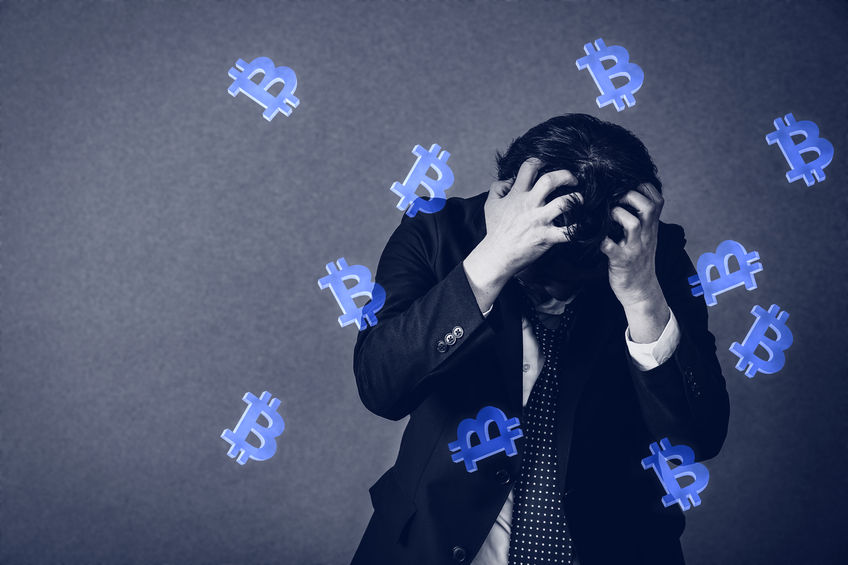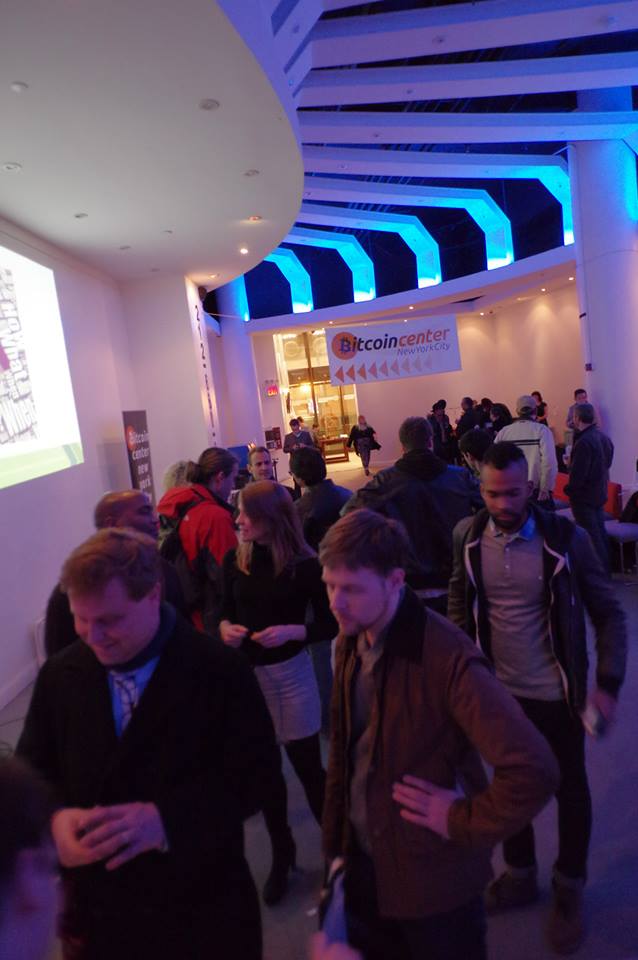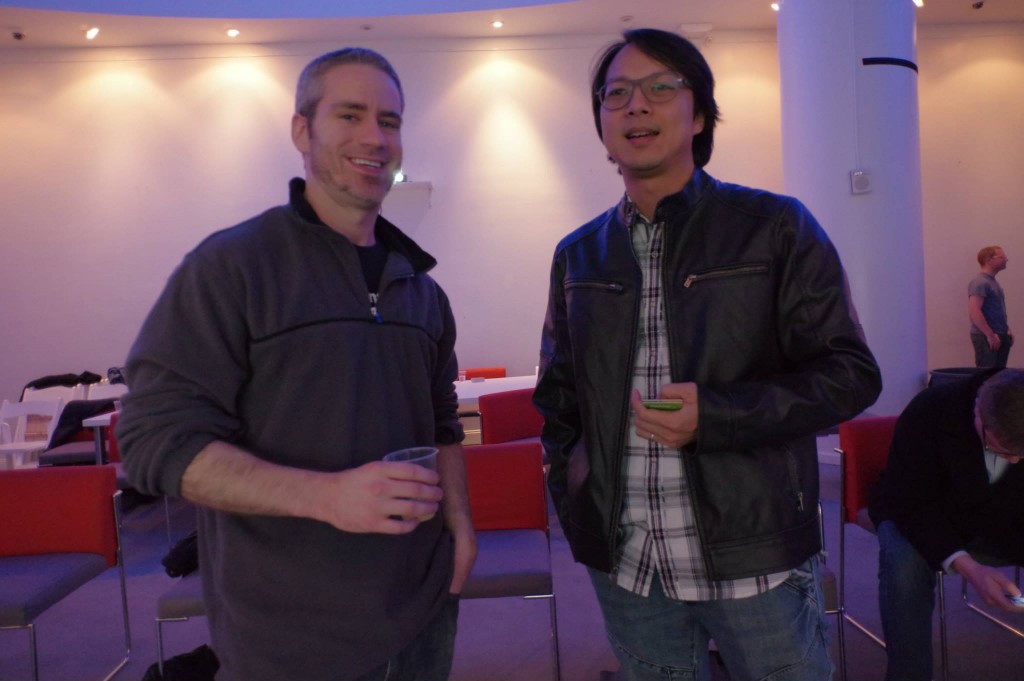How I Failed to Become a Bitcoin Millionaire
 This past Fall, an industry colleague congratulated me on my newfound wealth. “What newfound wealth?” I reply. “What are you talking about?”
This past Fall, an industry colleague congratulated me on my newfound wealth. “What newfound wealth?” I reply. “What are you talking about?”
“Aren’t you a bitcoin millionaire now?” he says, smiling brightly, with a look in my direction that suggests he can see through my deceptively coy demeanor. “You were talking about it for years. You were right about it!”
“Oh, yeah… Bitcoin,” I say back while looking at the ground, embarrassed by what I am about to tell him. “I spent nearly all my Bitcoins well before the price jump,” I reveal.
He didn’t believe me, but it didn’t matter. I had no regrets up until that moment when I decided to look back and see how much my Bitcoins would’ve been worth had I just held on to them. Doing the math ultimately turned out to be a bad idea.
$500,000.
That’s the rise in value I missed out on by spending the Bitcoins I had been acquiring in 2014-2016. It’s not a million dollars, but it’s enough to sit back and think, what if. [Editor’s note. The market value of those Bitcoins since the time this issue went to print reached about a million dollars after all. DAMN.]
Bummer
But why spend or sell them if I was a supposed true believer? I never cared much for speculating. I liked and still like Bitcoin because it’s a payment methodology that exists outside the purview and control of banks and government. It is the ultimate way to de-bank. And hey, that’s what all the fuss of this publication is about.

I started reporting on Bitcoin here in deBanked as early as 2014, mainly to an audience that didn’t know what they were and didn’t care to know. I couldn’t blame you all. Talk of digital currency, mining, and block sizes doesn’t exactly go hand-in-hand with things like online lending, merchant cash advance, and brokering deals.
A handful of diehard Bitcoin fans at the time told me they were happy to see Bitcoin legitimized through our coverage. Others told me it was complete garbage, a ponzi scheme even, that didn’t deserve any attention whatsoever.
In those days, I took a tour through the whole ecosystem by mining Bitcoin, buying it, selling it, paying people with it, and accepting payment with it. I read books about it, attended seminars on it, and watched documentaries about it. I even experimented with turning my computer into a node in the Bitcoin network to keep the ecosystem itself running smooth. I repeatedly heard critics argue that it was all a scam and I walked away every time remaining unconvinced.
Bitcoin allows users to carry their money across borders without hassle and to retain possession of their funds even if a bank or government agency wants to seize it. Perhaps these benefits appeal to criminals, but surely they also do to law-abiding citizens.
I didn’t like the volatility of it so much back when I was acquiring them. It wasn’t a very good store of value and it still isn’t. The fact that a Bitcoin I acquired for $300 is now worth $10,000 [market value at the time it went to print] is amusing but also terribly unnerving. What good is Bitcoin to legitimately use as money if the value can swing massively in an hour? And what to do if I bought 1 Bitcoin now at $10,000 and it retreated back to $300?

In a way, I may have been more excited to have held all those Bitcoins for another year without them experiencing any increase in value, rather than to have accidentally profited handsomely thanks to speculators who do not care about the underlying utility of Bitcoin.
Maybe I’m an idealist. Or maybe I’m just rationalizing why I shouldn’t cry myself to sleep over having missed out on 500k in profit. I personally believe Bitcoin will be at its most valuable when its price is stable. If we can get to that point and the world economy becomes more accepting of it as a form of payment, well then I’d be very interested in holding on to Bitcoin indeed.
I wondered, of course, if the me of three years ago would’ve agreed with my philosophy now. A blog post I wrote in November 2014 answers that question.
Below are some of the points I made then:
“Bitcoin is more than a currency. It’s not the Euro, the Yen, or the Peso. It’s a detachment from governments and banking. It’s self-control. Without the private key, your bitcoins can’t be seized.”
“I’m not necessarily speculating though. I spent almost half my bitcoins shopping on Overstock on Black Friday.”
“A 5% swing might be acceptable for an investment but it’s quite ugly for a currency.”
“Your money is not really yours. You have rights to it, but only to an extent. It can be garnished, frozen or confiscated. That’s the price of liquidity and relative stability. If you can afford to color outside the lines, where you can remove [bankers] and their control, why not experiment? There’s something pure about [Bitcoin], liberating. And when you add in the fact that it’s governed by math, it’s more than that, it’s beautiful.”
“There are indeed those holding [Bitcoin] and not spending. Rampant speculation is both a cause of volatility and an argument for its long term unsustainability. Speculators are hoping the digital currency will appreciate and make them filthy rich. If that day never comes, a big sell off will cause its value to drop.”
And so it was in 2014, I was interested in the utility of Bitcoin while concerned about the volatility of it. The value has since shot up to the moon, largely due to speculation. Along the way my views caused me to miss out on becoming a Bitcoin millionaire.
And I couldn’t care less. Wake me up when the price stabilizes.
Editor’s Note: Between the time this story was sent off to print and now (when it’s being published online), the market value of those Bitcoins had increased from $500,000 to nearly $1 million. Incredibly, I legitimately would’ve been a Bitcoin millionaire.
Editor’s Note 2: It’s been a long time since I have played around with being a Bitcoin node. More recently, I have become a node on Ethereum, a blockchain for decentralized applications that also serves as the backbone platform for things like Initial Coin Offerings.
Last modified: April 20, 2019Sean Murray is the President and Chief Editor of deBanked and the founder of the Broker Fair Conference. Connect with me on LinkedIn or follow me on twitter. You can view all future deBanked events here.































